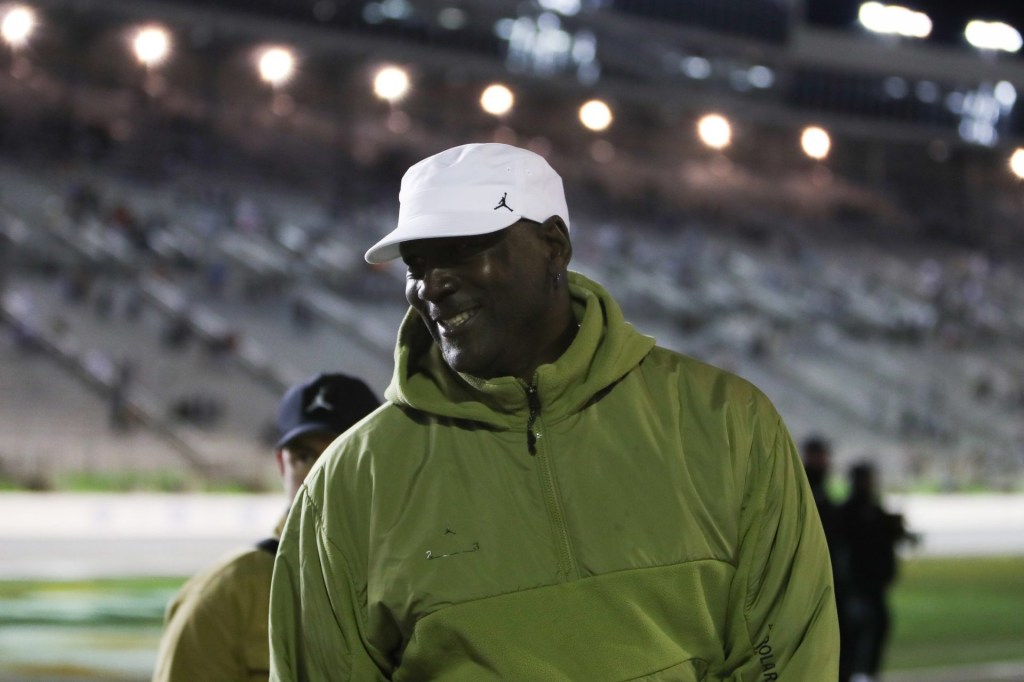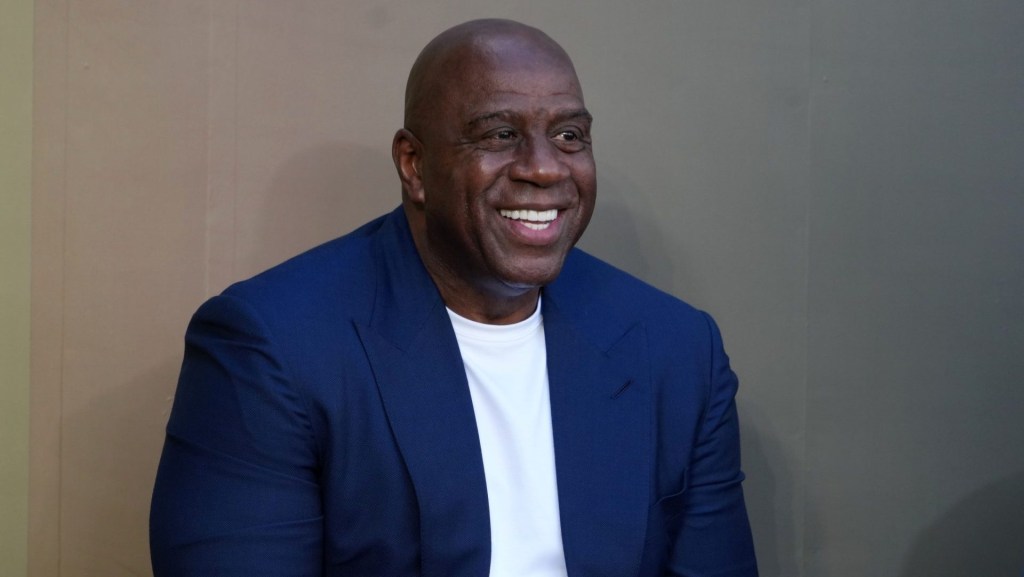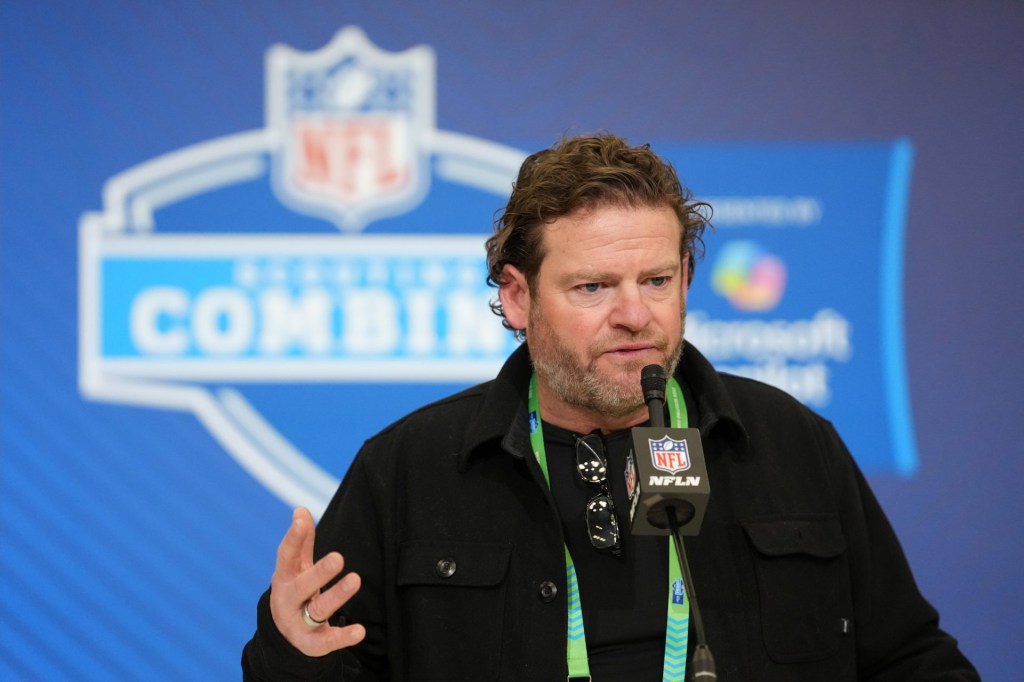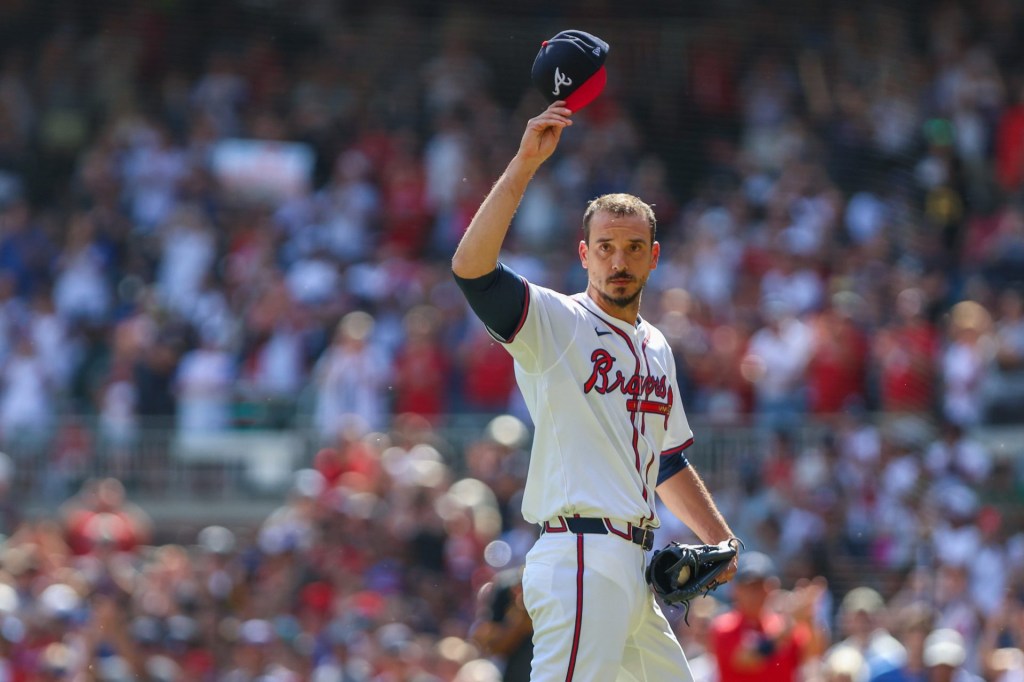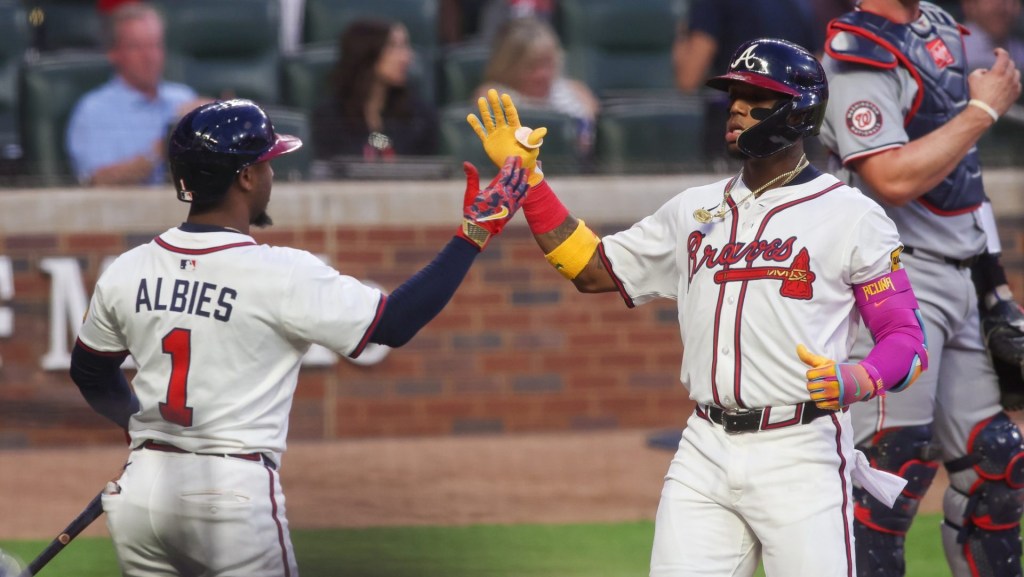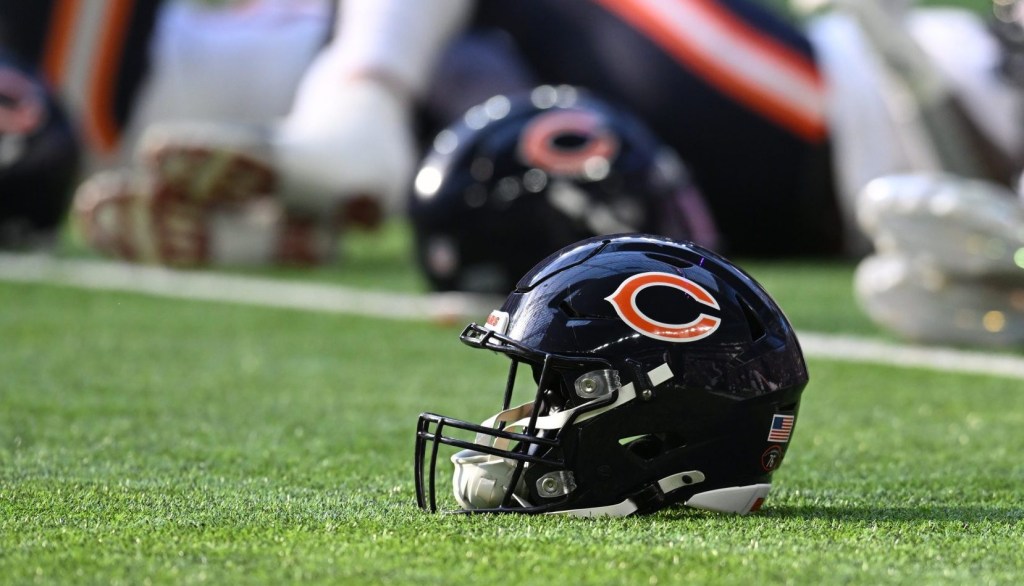The Eagles have arrived at their second Super Bowl in three seasons, and third since they won the Lombardi Trophy in February 2018. The franchise continues to reinvent championship roster construction and the ownership structure itself.
In December, the NFL formally approved the sale of an 8% minority stake that valued the Eagles at $8.3 billion. While Philadelphia’s majority owner Jeffrey Lurie considered bringing in private equity partners under new league rules, he ultimately opted for two family investment groups that bought in separately.
That new valuation is a bump from the roughly $6.75 billion estimated by several preseason lists (the Cowboys were No. 1 at around $10 billion).
The latest stakes—totaling roughly $664 million—are more than triple the $185 million Lurie paid for the club in 1994. Lurie, 72, still owns 85% of the Eagles, with other minority investors making up the other 7% or so.
During the postseason, the Eagles had the rare opportunity to host—and win—three home playoff games at Lincoln Financial Field. That success in January came after a 14–3 regular season and NFC East championship that earned the Eagles the conference’s No. 2 seed.
While star running back Saquon Barkley and quarterback Jalen Hurts get the credit for performing on the field, Philadelphia boasts an all-star front office led by executive vice president and GM Howie Roseman.
Roseman lost personnel decision-making power during the Chip Kelly era (2013–2015) but since returning in 2016 has become a salary-cap wizard en route to building on one of the league’s most feared rosters. Given the Eagles’ recent success, Roseman, 49, should likely be in line for another contract extension (in 2022, he signed one through the 2025 NFL season).
“I’ll do anything for a championship,” Roseman said Monday at Super Bowl Opening Night.
The main question mark is sustainability: The franchise already has more than $1.2 billion in cap allocations between 2025 and 2030—the most in the NFL. Roseman has been a proponent of using void years—which stretch a player’s cap hit past the seasons included in his contract—to ensure additional space in the short term.

Hurts, who signed a five-year, $255 million extension in 2023, is by far the highest-paid player on the team with an average annual salary value of $51 million through the 2028 season.
Eagles head coach Nick Sirianni is nearing the end of the five-year, $35 million contract he signed in 2021. His $7 million annual salary had him just outside the 10 highest-paid coaches in the NFL before the season. (“His future is going to be great,” Lurie said this week.)
A win over the Chiefs would virtually guarantee extensions and big raises for the Eagles’ main cast. But, given it would be just the third major professional sports championship for the city of Philadelphia since 1983, a victory could also give Lurie leverage as he considers future stadium options, with the Eagles’ lease at Lincoln Financial Field set to expire in 2032.
At Super Bowl Opening Night, Lurie was asked about the idea of building a dome or stadium with a retractable roof.
“I love outdoor football,” he said. “I love it. I love the cold games. I like the hot games. I like the snow games. On the other hand, does Philadelphia deserve to host the Super Bowl? The NCAA Final Four? Lots of great events. It’s an incredible sports city. Does it deserve that? Yes, so you’ve got to balance all of those things.”
If the Eagles dethrone the Chiefs and win Super Bowl LIX, the city of Philadelphia might let Lurie do anything he wants.
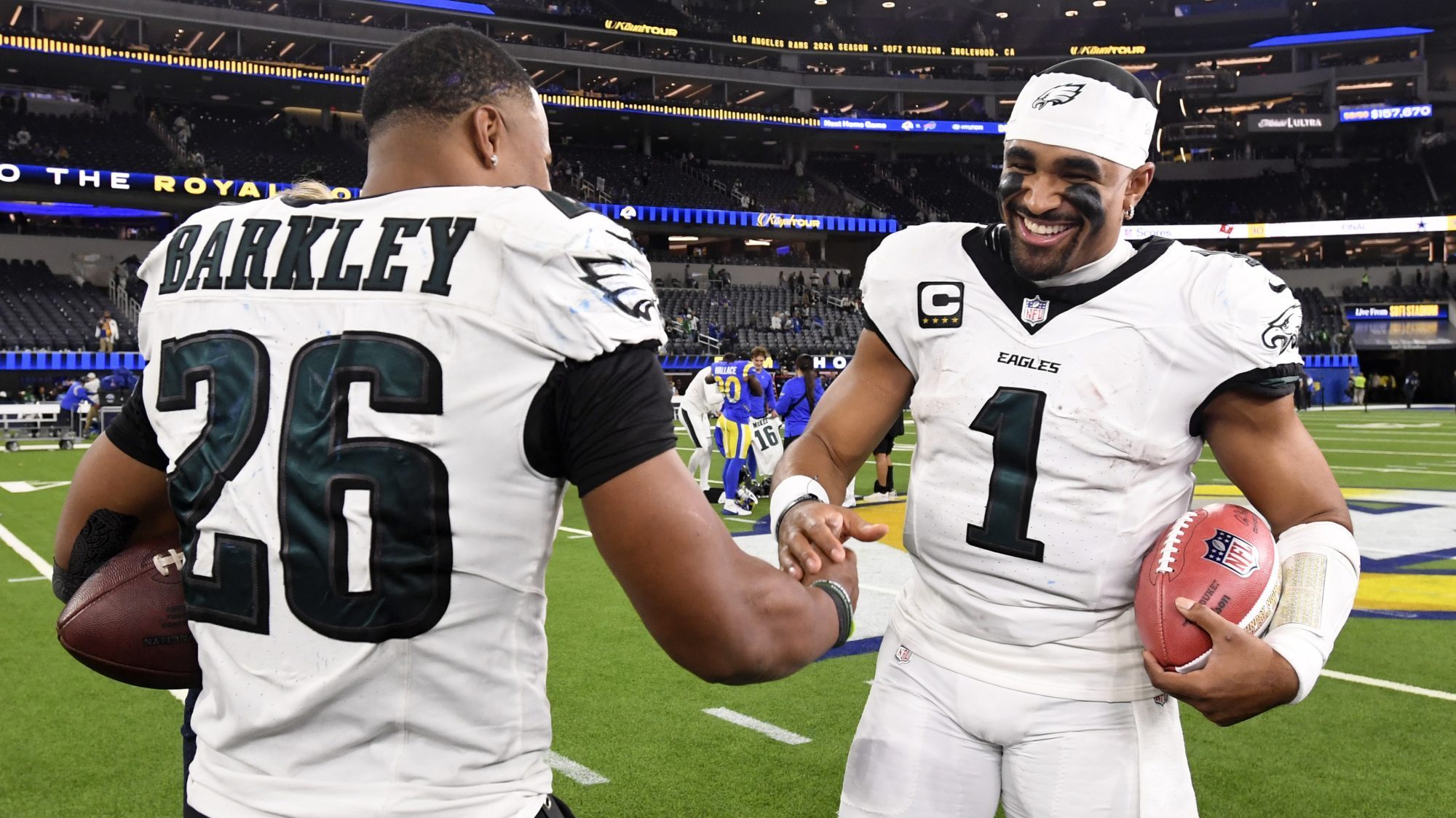
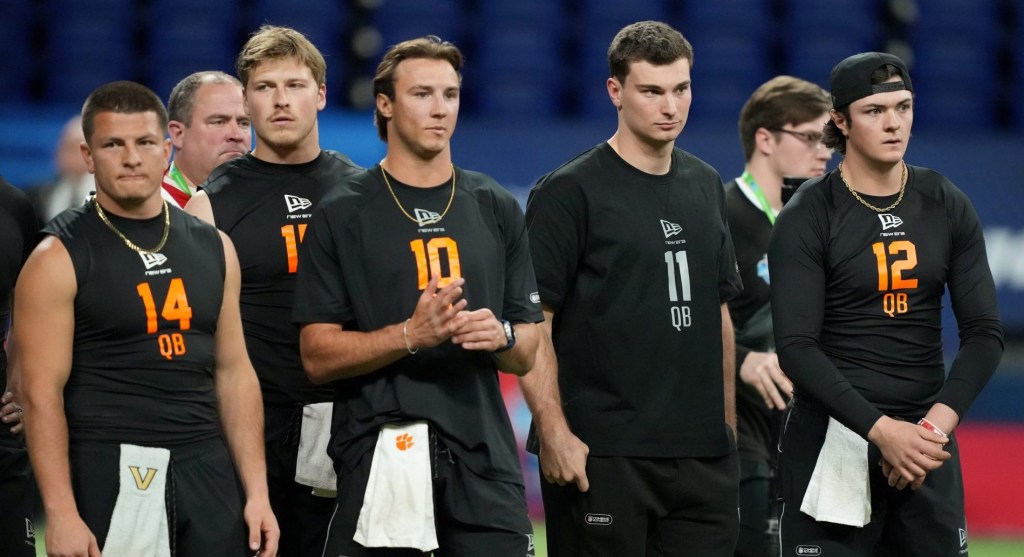
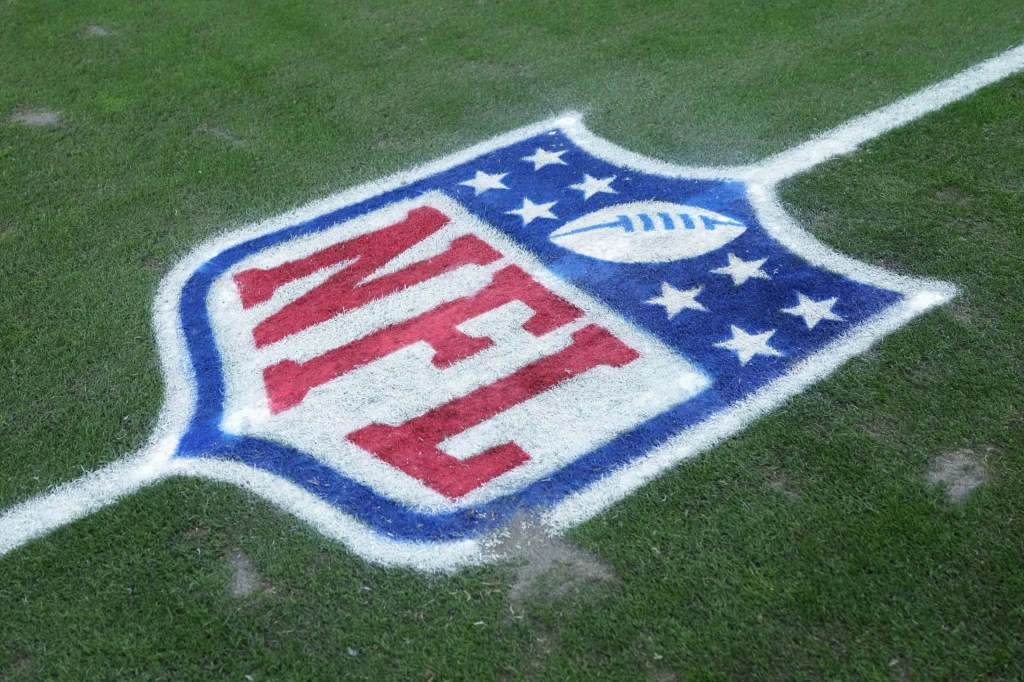

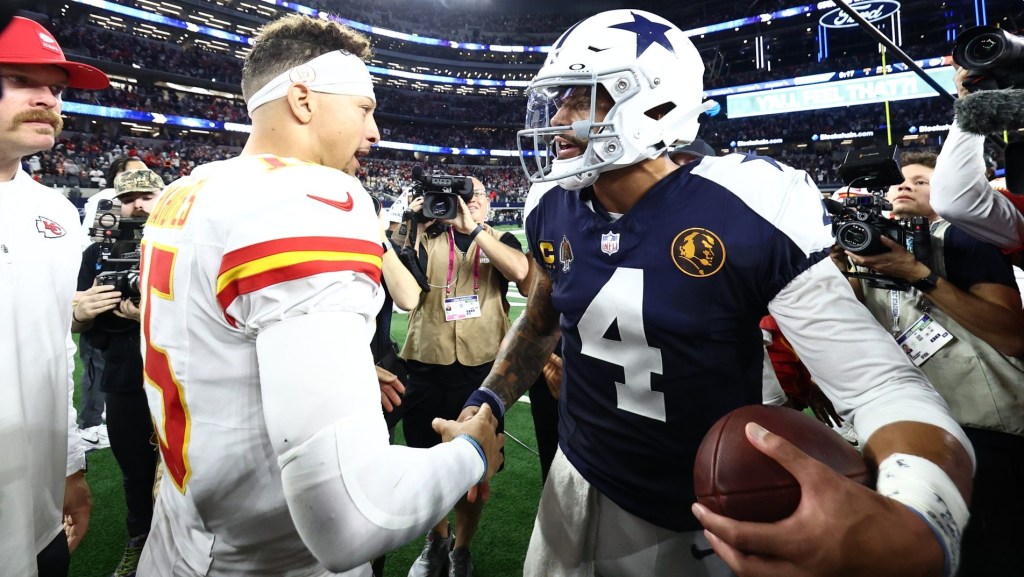
![[Subscription Customers Only] Jun 15, 2025; Seattle, Washington, USA; Botafogo owner John Textor inside the stadium before the match during a group stage match of the 2025 FIFA Club World Cup at Lumen Field.](https://frontofficesports.com/wp-content/uploads/2026/02/USATSI_26465842_168416386_lowres-scaled.jpg?quality=100&w=1024)
![[Subscription Customers Only] Jul 13, 2025; East Rutherford, New Jersey, USA; Chelsea FC midfielder Cole Palmer (10) celebrates winning the final of the 2025 FIFA Club World Cup at MetLife Stadium](https://frontofficesports.com/wp-content/uploads/2026/02/USATSI_26636703-scaled-e1770932227605.jpg?quality=100&w=1024)


